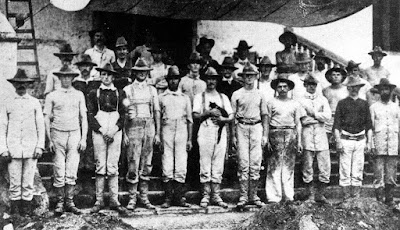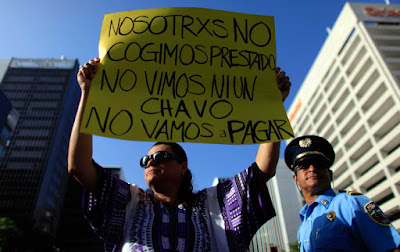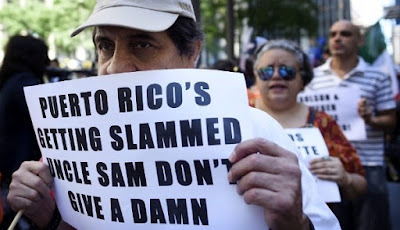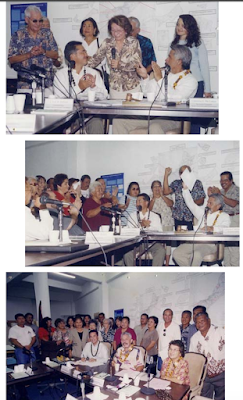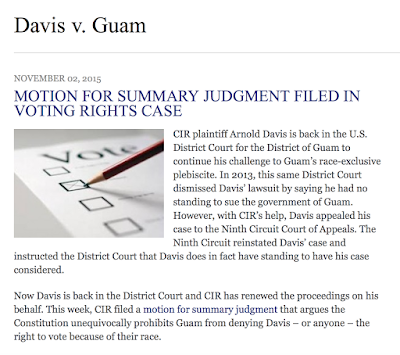The Hong Kong of the Present/Future
I took this picture of the Hong Kong skyline while atop Victoria Peak, while I was there last week. Being in Hong Kong I was reminded of Carlton Skinner, who was the first civilian governor of Guam during the time of the passage of the Organic Act. Skinner is an interesting figure in Guam history, someone who was of critical importance, but who has received little to no attention from the island (save for a plaza that was named for him, that was demolished to make way for the Guam Museum). He had been a progressive person for his time, helping to racially integrate units for the US Navy during World War II. He sometimes joked that he must have gotten the job as Governor of Guam because it was an island filled with brown people and he had captained ships fill with black people. He is known for helping set up the local government, but also facilitating the legalization of the illegal land-takings by the US mili tary during the immediate postwar years. While se
